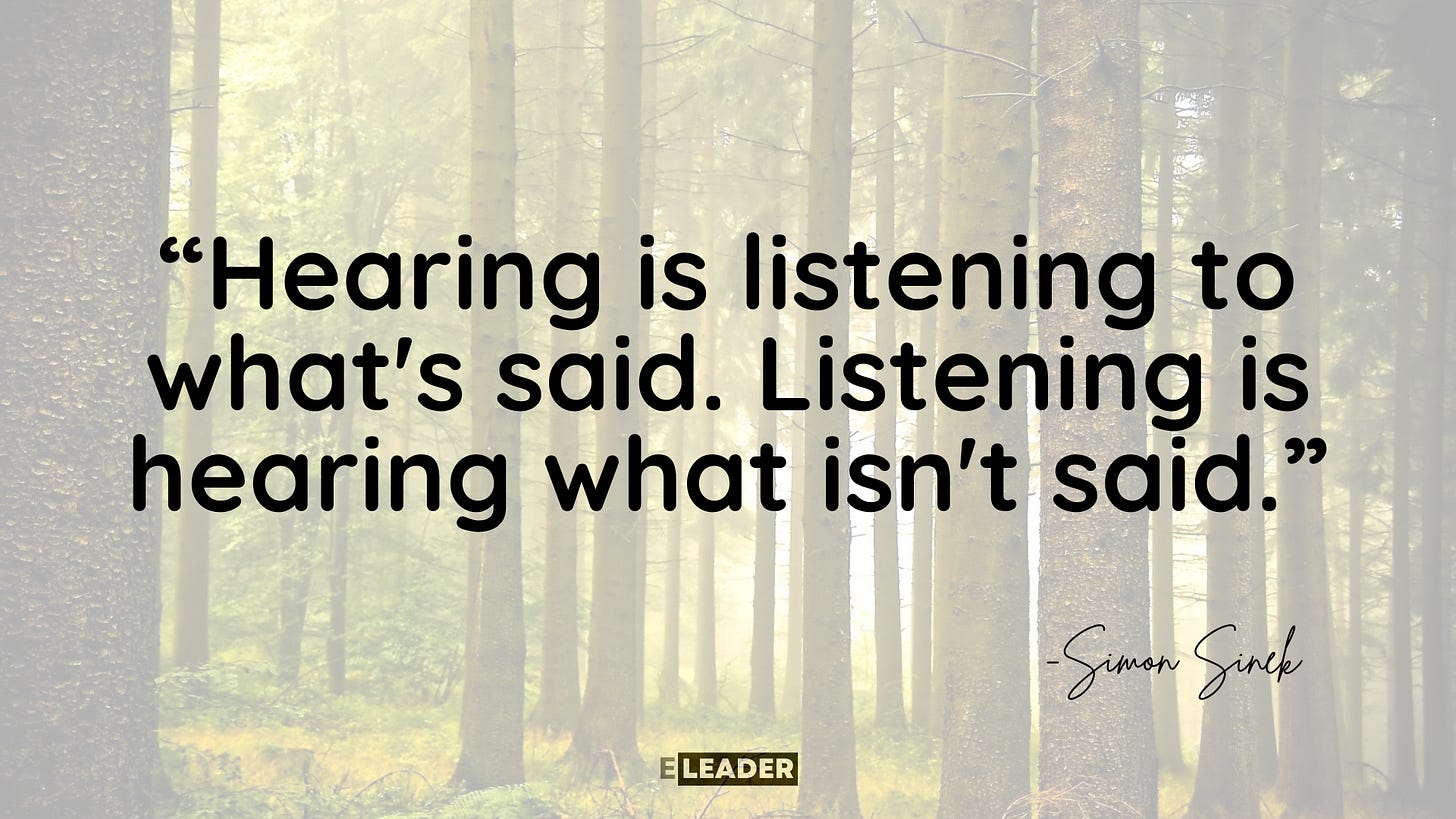Last week, I attended a local city zoning committee meeting for a new high-density rental project being proposed for a nearby neighborhood. The room was divided: one side, a team of attorneys, architects, and consultants for the national developer; the other, packed with concerned residents.
Now I’ve attended a fair share of city meetings over the years, and I know there’s usually there’s a lot of emotion that comes with the territory. So when it came to the allotted time for public statements, I was impressed by the level of facts, studies, data comparisons, and thoughtful questions about infrastructure, traffic, school overcrowding, capacity, and long-term community impact that the citizens raised in calm and logical ways.
The response from the council members, however, was shockingly dismissive. When the development or staff team couldn’t answer questions brought up by the public, they swiftly moved passed the points with no expectations to be answered or clarified. This lack of acknowledgment of key concerns was reiterated with the statement from the committee members that “the developer and staff put a lot of work into this” and so they trust the proposal. The development proposal was unanimously approved.
Afterwards, outside of the council chambers, the tension and frustration was boiling over. People were rightfully upset. “They didn’t listen to a word we said.” “This was decided before we even walked in.” Their anger wasn’t just about the development—it was about being ignored.
This wasn’t just a zoning issue, but it showed a failure in leadership. Whether in government or business, leaders who dismiss input, no matter how well-intentioned their decisions my be, erode trust and fuel resentment. In business, these dynamics play out when people’s voice and thoughts are consistently dismissed:
Employees disengage when feedback is ignored.
Customers leave when their concerns go unheard.
Innovation stalls when only the loudest voices matter.
Listening isn’t optional.
This is not to say that everyone needs to have their way in the matter or that outcomes need to change, but people need to feel heard and understood. Acknowledgement goes a long way and the transparency in decision making leads to trust. Real active listening requires paying attention and genuinely engaging beyond just allowing someone the space to talk.
Leadership isn’t about who holds a certain title to make decisions. It’s having the responsibility and privilege for how you go about doing this. Effective leaders know that listening not simply a courtesy, but it’s a strategic necessity to create trust and alignment in a team. People may not agree in the final decision, but they’re more likely to accept tough choices when they trust the process and the leaders behind it.
Have you ever been in a situation where leaders failed to listen? How did it impact trust and outcomes? When have you felt truly heard by a leader and what did they do differently? What is one practice that can help you be a more active listener?
LEADERSHIP & CULTURE
Business Scalability Scorecard 💯
Take the assessment here
Assess your business against six key components of the Compound Growth Systems that drive business growth, team development, company culture, and personal fulfillment. Thanks to Emerge Studio, this quick assessment will reveal results designed to show leaders, CEOs, and business owners their blind spots and how to improve specific systems in the business.
ENTREPRENEURSHIP
Chicago Startup Weekend ⬆️
Tickets available now ($)
Build your startup idea in an immersive 3-day event featuring mentors, workshops, networking, and a pitch competition with cash prizes! Whether you have a business idea or you want to join a team, plan ahead and purchase your ticket now to participate in this event coming to Chicago July 18-20.
INNOVATION
Running a Tech Company in the Age of AI 🤖
Register here for free to attend June 24
As AI rapidly evolves, founders must do the same. Join Inc. for a free virtual event on June 24 to hear Isa Watson, founder and CEO of Squad, and Jacqueline Samira, founder and CEO of Howdy.com, share how things are evolving.
PERSONAL GROWTH
Enneagram Personality Test 🎭
Take Personality Path’s free assessment
The Enneagram is a system that classifies human personality into nine interconnected types; it reveals the "why" or motivation behind why you do things. This offers a new lens to understand yourself and your relationships with others. Many free versions exist for you to be able to take this assessment; two sources are Personality Path and Eclectic Energies.


